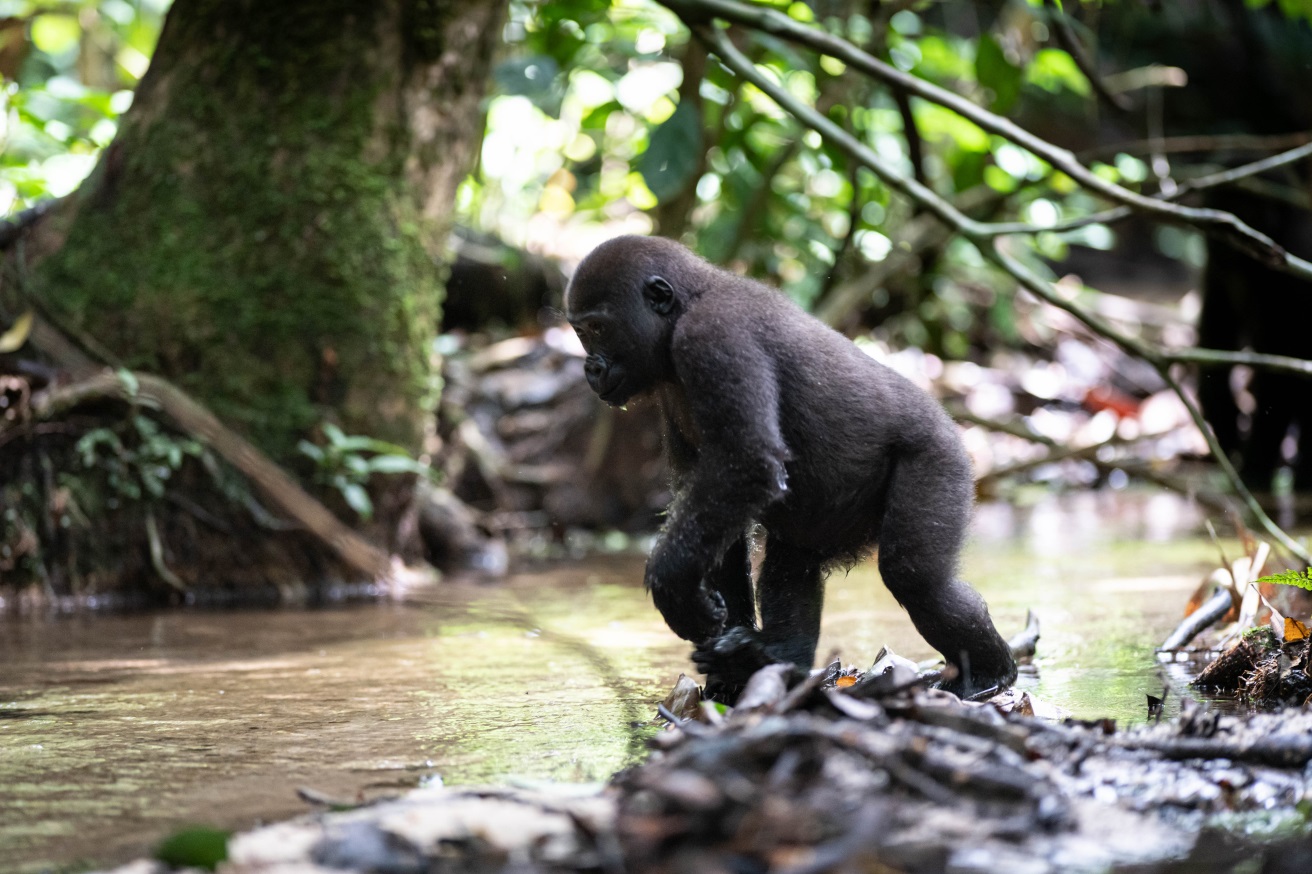A study by the Wildlife Conservation Research Unit of Oxford University in cooperation with Panthera showed that nations from relatively less developed countries are put a lot of effort into nature conservation. Among the investigated nations, which were ranked in the top 10, seven countries are from Africa.

The study focuses on the conservation of the megafauna, i.e. the large land mammals. Adult carnivores in this category weigh 15 kg (33 pounds) or more, and adult herbivores or omnivores weight 100 kg (220 pounds) or more.
Ranking 152 countries the study puts in a Megafauna Conservation Index three elements:
- the proportion of land occupied by megafauna in a country
- the percentage of the megafauna habitat that is strictly protected
- the percentage of the GDP devoted to funding for domestic and international conservation efforts.
More News
Deciphering the Secret Language of Forest Elephants
Elephants don't just trumpet loudly. Much more often they communicate through a low-frequency rumble, which we humans often do not hear, but can sometimes feel.
Is it a boy? Or is it a girl?
Even habituated gorillas remain wild animals and can only be observed from a distance. That's why trying to identify the sex of a juvenile gorilla is like a game of chance, and even trained observers can hardly get more than a fifty percent hit rate.